CoQ10 Skin Benefits: 6 Ways To Achieve Youthful, Hydrated Skin
Use products containing this ingredient to protect your skin and fight the signs of aging.
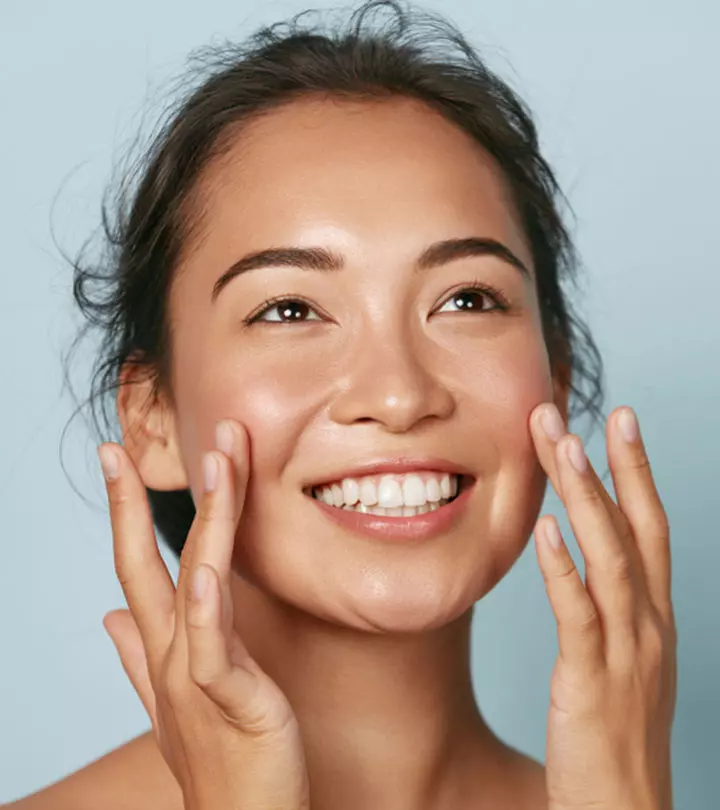
Image: Shutterstock
Not many people have ever heard of CoQ10 or know the benefits of CoQ10 for the skin. It is one of those well-known ingredients that is often advertised as being quite beneficial, but we are not sure why. Simply put, CoQ10 is a naturally occurring enzyme that is essential for good skin health. It is thought to possess antioxidant properties that promote skin moisture, even out skin tone, and minimize UV damage.
You will also be struck by the fact that the Japanese have been utilizing CoQ10 in skin care products, like facial masks, serums, and creams, for a long time. Since it has been scientifically proven to decrease fine lines and wrinkles, this blockbuster ingredient has gotten much attention. You have come to the correct place if you are looking for information on how this multipurpose enzyme can help your skin. Keep reading to know more!

 Know Your Ingredient: COQ10
Know Your Ingredient: COQ10What Is It?
An enzyme naturally produced in the body and stored in the mitochondria.
What Are Its Benefits?
CoQ10 reduces oxidative stress in the cells, regenerates skin cells, reduces anti-aging signs and boosts collagen production.
Who Can Use It?
Suitable for all skin types, except for people with vitiligo.
How Often?
During both your daily morning and night skincare routines.
Caution
People who take blood thinning medication should avoid CoQ10 to prevent negative drug reactions.
In This Article
What Is CoenzymeQ10 (CoQ10)?
CoQ10 is also called Q10, coenzyme 10, ubiquinone, or vitamin Q. It is a naturally-produced body enzyme. This oil-based vitamin is made by our bodies and stored in our mitochondria. It offers antioxidant properties that ensure our skin cells remain healthy by neutralizing free radicals as an antioxidant (1).
According to research, the body levels of CoQ10 decrease as we age (1). Some believe individuals dealing with cancer, genetic disorders, diabetes, heart problems, and Parkinson’s disease may have low levels of CoQ10. Some research findings suggest that baseline plasma CoQ10 levels can be used to predict melanoma progression as well. These are some reasons people rely on CoQ10 supplements to get adequate amounts of the nutrient (2).
Dr Mehmet Yildiz, a health blogger and scientist, discusses the benefits of CoQ10. He writes, “Without CoQ10, we cannot survive. In other words, it is essential for energy, such as moving, breathing, digesting food, and all bodily activities requiring energy…In addition, CoQ10 is a potent antioxidant reducing oxidative stress in the cells. It can also regenerate another antioxidant, vitamin E (i).”
 Trivia
TriviaIn the following section, we look at the benefits CoQ10 can have on your skin.
Key Takeaways
- CoQ10, a naturally-produced enzyme found in the cell’s energy centers, has antioxidant properties that neutralize free radicals and ensure the cells remain healthy.
- It accelerates collagen production, helps reduce fine lines and facial wrinkles, suppresses UV light-induced oxidative stress in skin cells, eliminates free radicals, and prevents inflammation caused due to sun damage.
- CoQ10 can be used either as a topical product or a dietary supplement.
Top 6 Skin Benefits Of CoQ10

CoQ10 is often found in functional foods, used as a supplement, and is a common ingredient in cosmetics known to reduce the signs of aging (3). Here are its scientifically-backed, most prized benefits:
1. Acts As An Antioxidant And Reduces Sun Damage
CoQ10 may suppress UV light-induced oxidative stress in skin cells (1).
Plus, it helps eliminate free radicals and prevents inflammation caused due to sun damage (3). In other words, it protects the skin at the molecular level from the adverse effects of the sun’s UV rays. In mice, the nutrient was found to prevent the progression of UV-induced skin damage (4). Topical CoQ10 could reduce photoaging and wrinkle depth.
2. May Keep Skin Youthful
CoQ10 is found in both cells and skin surface lipids. It provides the skin with the energy required for the basic repair and regeneration of skin cells. It also helps eliminate toxins that may otherwise deprive the skin of nutrients. Applying CoQ10 directly to the skin could provide antioxidant protection and reduce damage from internal and external factors. More research is warranted to further understand this benefit of CoQ10.
3. Offers Anti-Aging Benefits
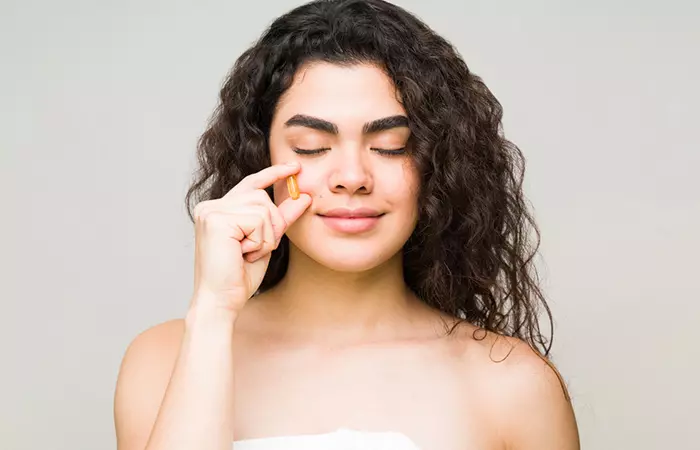
Taking a dietary supplement containing CoQ10 over a period of 12 weeks was found to help reduce wrinkles, improve skin smoothness, and enhance skin firmness. The nutrient can also help the skin combat seasonal changes in skin elasticity, particularly during the winters (3). Furthermore, even topical application of CoQ10 helps reduce fine lines and facial wrinkles (5).
4. Accelerates Collagen Production
CoQ10 is also known to inhibit the activity of degradative enzymes and boost the production of elastin and type IV and VII collagen (1). Increased collagen production means improved skin hydration and elasticity and reduced skin roughness (6).
5. Promotes Production Of Hyaluronic Acid

CoQ10 aids the production of hyaluronic acid (7). Hyaluronic acid helps rejuvenate skin (8). It also is known to offer depigmenting benefits and even out the skin tone.
6. Accelerates Soft Tissue Wound Healing
Rat studies suggest that topical application of antioxidant-rich coenzyme Q10 promotes wound healing after tooth extraction (9). The nutrient can facilitate collagen formation and reduce inflammation during healing. That said, more research needs to be conducted on humans to understand the efficacy of using CoQ10 topically to assist wound healing.
Clearly, CoQ10 plays a major role in skin health and should not be ignored. So, what is the right way to use CoQ10 for skin? Keep reading.
How To Use CoQ10 For Skin
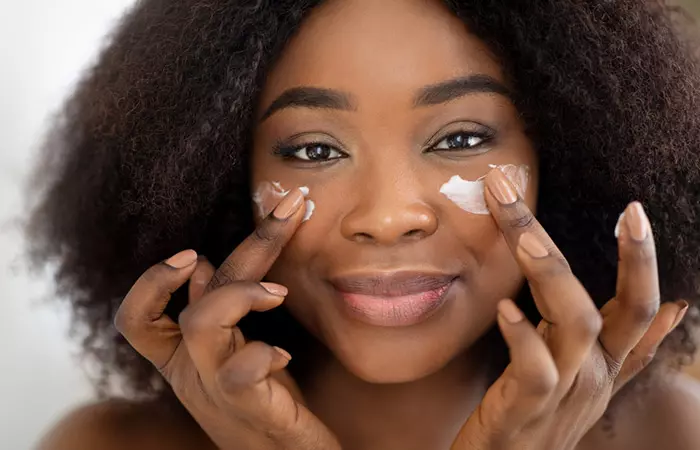
CoQ10 can be used as a skincare topical product or as a dietary skin care supplement in the form of capsules, chewable tablets, liquid syrups, wafers, and by IV. It is generally found in serums, eye creams, and facial moisturizers. The following pointers can tell you how to make the best use of CoQ10.
- You can use it during your morning and nighttime skincare routines.
- Make sure to apply it before you use any heavy moisturizers.
- Remember that this ingredient tends to work well with other skin-friendly ingredients such as aloe vera, vitamin C, vitamin B3, retinol, glycolic acid, and hyaluronic acid.
- CoQ10 is found in red meat (highest in liver and heart), oily fish (like salmon, tuna, and mackerel), fruits, vegetables, nuts, and whole grains(10). While most people can obtain the recommended levels of CoQ10 through a balanced diet, some may need to take a supplement.
 Quick Tip
Quick TipApart from topical application, you can also leverage the benefits of this enzyme through dietary consumption. Read on to know more.
Foods High In CoQ10
CoQ10 is a naturally occurring antioxidant found in various foods, such as (10):
- Organ Meats: Liver and heart from animals like beef, pork, and chicken.
- Fatty Fish: Salmon, tuna, sardines, and mackerel.
- Whole Grains: Wheat germ and other whole grain cereals.
- Cruciferous Vegetables: Spinach, broccoli, and other vegetables from the same family.
- Nuts And Seeds: Peanuts and sesame seeds.
- Oils: Soybean, canola, and olive oils.
- Legumes: Soybeans and lentils (moderate levels).
- Fruits: Oranges and strawberries (smaller amounts).
It is important to note that there are two forms of CoQ10 – ubiquinol and ubiquinone. Ubiquinol is the more common substance in our bodies and also more absorbable when supplemented. While CoQ10 is known for its many benefits, it also may cause side effects in some. Read on to know more.
Side Effects Of CoQ10: A Quick Glance

- CoQ10 may aggravate vitiligo. People with vitiligo should consult their dermatologist prior to use as it may worsen the depigmentation (11). The mechanism for this is that CoQ10 can inhibit tyrosinase activity and melanin production.
- CoQ10 might make blood-thinning drugs, such as warfarin, less effective (12). This could increase the risk of a blood clot. Make sure to speak to your doctor before taking CoQ10, especially if you have diabetes or chronic thyroid, heart, kidney or liver problems.
- CoQ10 may lower blood sugar levels or blood pressure.
- If you are undergoing chemotherapy, discuss CoQ10 with your doctor before taking it.
- While CoQ10 supplements are generally considered safe, anecdotal evidence suggests they may cause the following side effects in some individuals:
– Upper abdominal pain
– Loss of appetite
– Nausea and vomiting
– Diarrhea
– Headaches and dizziness
– Insomnia
– Fatigue
– Skin itching or rashes
– Irritability or agitation
- Do not use CoQ10 during pregnancy or breastfeeding without your doctor’s approval. CoQ10 supplements are generally not recommended for children, either.
Be wary of the side effects. Consult your doctor before you take CoQ10. With the right information, the nutrient does offer benefits. You may also pick high-quality skincare products containing CoQ10 online.
Infographic: 5 Benefits Of COQ10
CoQ10 (coenzyme Q10) is an amazing enzyme made and stored by our bodies. CoQ10 supplements are getting popular due to their antioxidant properties that can do wonders for our skin and health. The ingredient is generally safe with minimal side effects. To know more about the benefits of this vitamin-like antioxidant, check out the infographic below.
Some thing wrong with infographic shortcode. please verify shortcode syntaxCoq10 is a fat-soluble substance. It is a powerful element used in many anti-aging skin care products. It provides your cells with the energy to regenerate and restore your skin daily. Coq10 supplements can be taken or applied topically. The CoQ10 levels typically decline as you become older or your skin is subjected to environmental stress. In short, many people treat CoQ10 as a “legendary” substance as it promotes skin rejuvenation by aiding wrinkle reduction and promoting skin protection benefits that maintain skin health from the inside out. So, try it for yourself and notice the difference!
Frequently Asked Questions
How often can I use CoQ10?
If you are taking a CoQ10 supplement, then the recommended dosage is 30-200 mg per day. You can use skin care products that contain CoQ10 as instructed on the label.
Can CoQ10 lighten skin?
Yes, CoQ10 is an effective de-pigmentation skin care ingredient that can reduce skin discoloration.
Does CoQ10 reduce cellulite?
Yes, regular use of this enzyme may help reduce cellulite.
What skin type is CoQ10 good for?
CoQ10 is suitable for all skin types. However, talk to your dermatologist before using products containing this ingredient.
Can I use CoQ10 with retinol?
Yes, CoQ10 works well with retinol. Together, these ingredients help boost anti-aging benefits, reducing wrinkles and improving skin texture without causing negative reactions. However, it is recommended to do a patch test to check for adverse reactions.
Illustration: COQ10 For Skin - Benefits, How To Use, And Side Effects
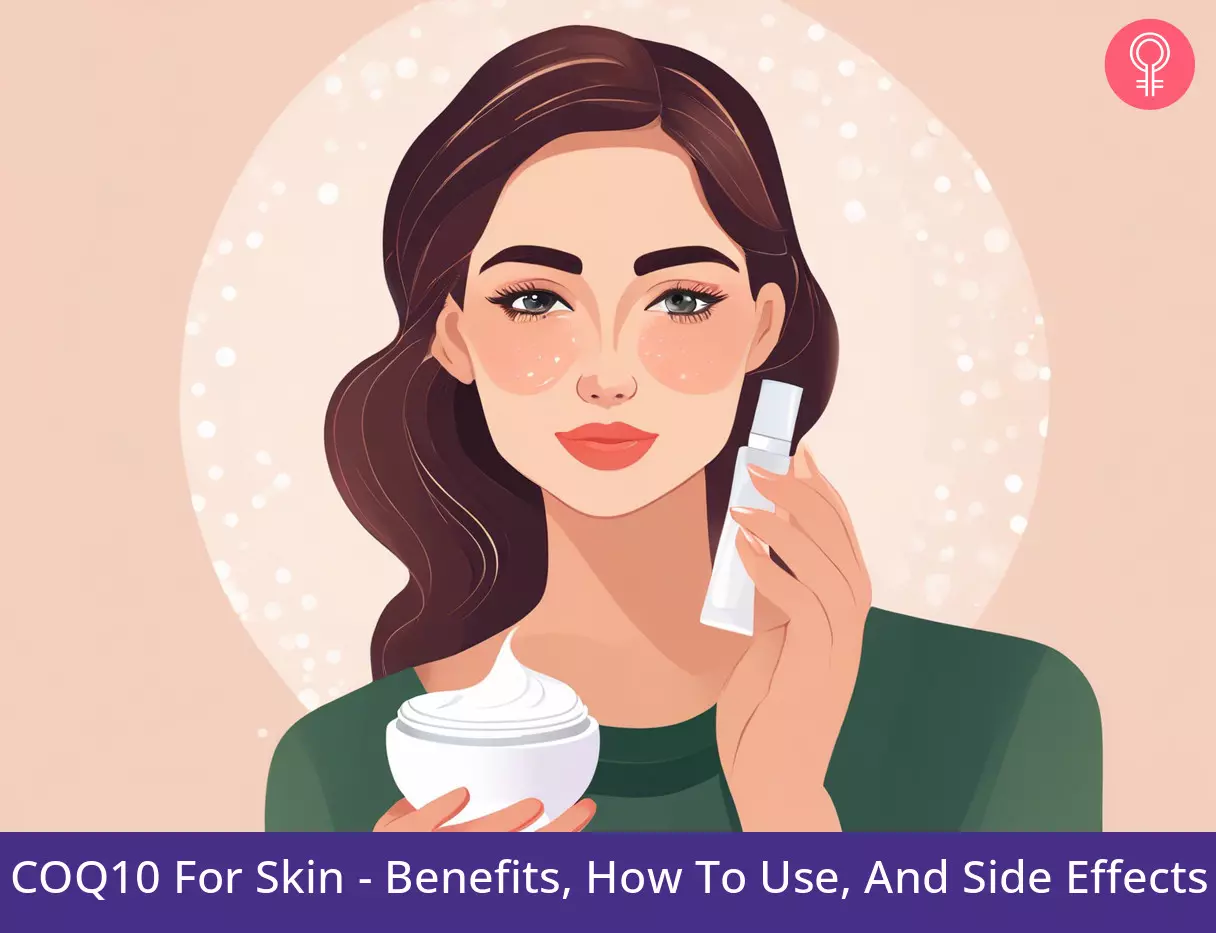
Image: Stable Diffusion/StyleCraze Design Team
Learn how CoQ10 works in skin care and what it can do for you. Watch the video below to discover the amazing benefits of this powerful antioxidant and how it can help improve your skin’s health.
Personal Experience: Source
StyleCraze's articles are interwoven with authentic personal narratives that provide depth and resonance to our content. Below are the sources of the personal accounts referenced in this article.
i. Here’s Why I Take 100 Mg CoQ10 [Ubiquinol] Daily.https://medium.com/sensible-biohacking-transhumanism/why-i-take-100-mg-coq10-ubiquinol-daily-7273c61ba1c
References
Articles on StyleCraze are backed by verified information from peer-reviewed and academic research papers, reputed organizations, research institutions, and medical associations to ensure accuracy and relevance. Read our editorial policy to learn more.
- Skin Health Benefits of Coenzyme Q10,
https://www.researchgate.net/publication/275408051_Skin_Health_Benefits_of_Coenzyme_Q10
- Coenzyme Q10 supplementation: Efficacy, safety, and formulation challenges,
https://onlinelibrary.wiley.com/doi/full/10.1111/1541-4337.12539 - The effect of dietary intake of coenzyme Q10 on skin parameters and condition: Results of a randomised, placebo-controlled, double-blind study: The Effect of Dietary Intake of Coenzyme Q10 on Skin Parameters and Condition,
https://www.researchgate.net/publication/306385727_The_effect_of_dietary_intake_of_coenzyme_Q10_on_skin_parameters_and_condition_Results_of_a_randomised_placebo-controlled_double-blind_study_The_Effect_of_Dietary_Intake_of_Coenzyme_Q10_on_Skin_Paramet - Coenzyme Q10 Sunscreen Prevents Progression of Ultraviolet-Induced Skin Damage in Mice,
https://www.hindawi.com/journals/bmri/2025/9039843/ - CoQ10, a topical energizer for aging skin,
https://www.jaad.org/article/S0190-9622(03)03634-X/fulltext - A Collagen Supplement Improves Skin Hydration, Elasticity, Roughness, and Density: Results of a Randomized, Placebo-Controlled, Blind Study,
https://www.ncbi.nlm.nih.gov/pmc/articles/PMC6835901/ - CoQ10, a topical energizer for aging skin,
https://www.jaad.org/article/S0190-9622(03)03634-X/fulltext - Hyaluronic Acid, a Promising Skin Rejuvenating Biomedicine: A Review of Recent Updates and Pre-clinical and Clinical Investigations on Cosmetic and Nutricosmetic Effects,
https://www.researchgate.net/publication/327952833_Hyaluronic_Acid_a_Promising_Skin_Rejuvenating_Biomedicine_A_Review_of_Recent_Updates_and_Pre-clinical_and_Clinical_Investigations_on_Cosmetic_and_Nutricosmetic_Effects - Application of Coenzyme Q10 for Accelerating Soft Tissue Wound Healing after Tooth Extraction in Rats,
https://www.ncbi.nlm.nih.gov/pmc/articles/PMC4276996/ - Coenzyme Q10: The essential nutrient,
https://www.ncbi.nlm.nih.gov/pmc/articles/PMC3178961/ - Q10-triggered facial vitiligo,
https://pubmed.ncbi.nlm.nih.gov/23952052/
- [Interaction between warfarin and coenzyme Q10],
https://pubmed.ncbi.nlm.nih.gov/9621803/
Read full bio of Dr. Farhaad Riyaz
Read full bio of Arshiya Syeda
Read full bio of Ramona Sinha
Read full bio of Swathi E







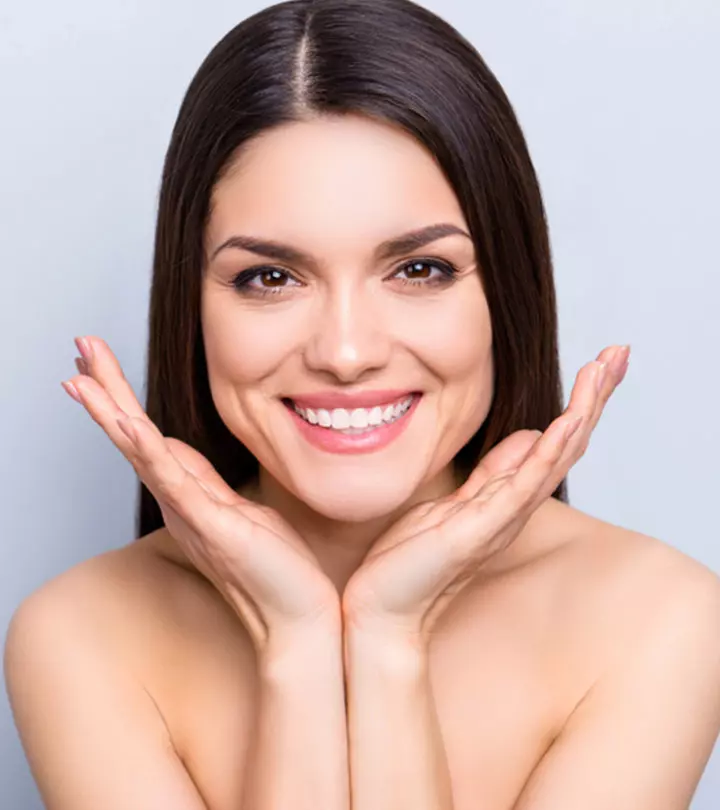
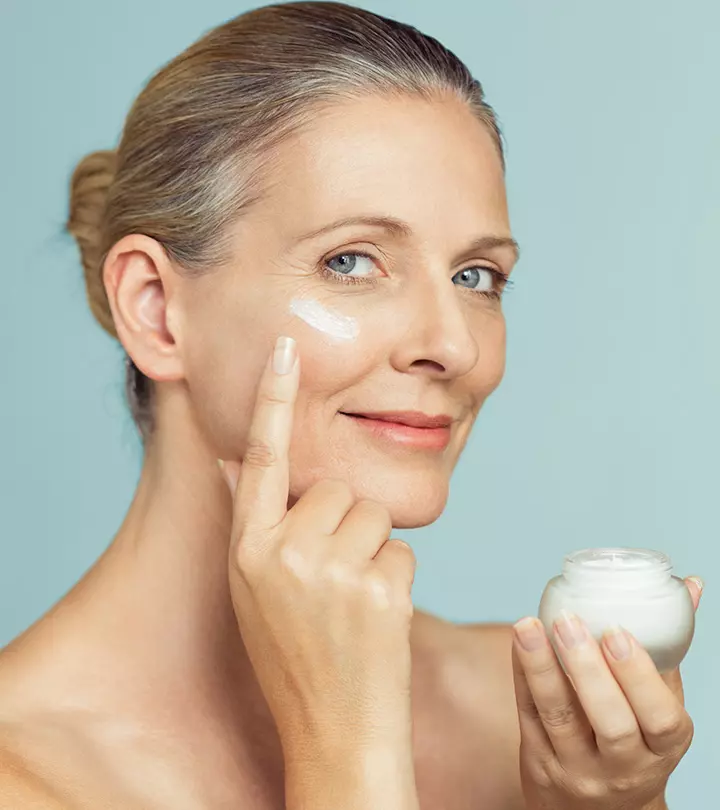
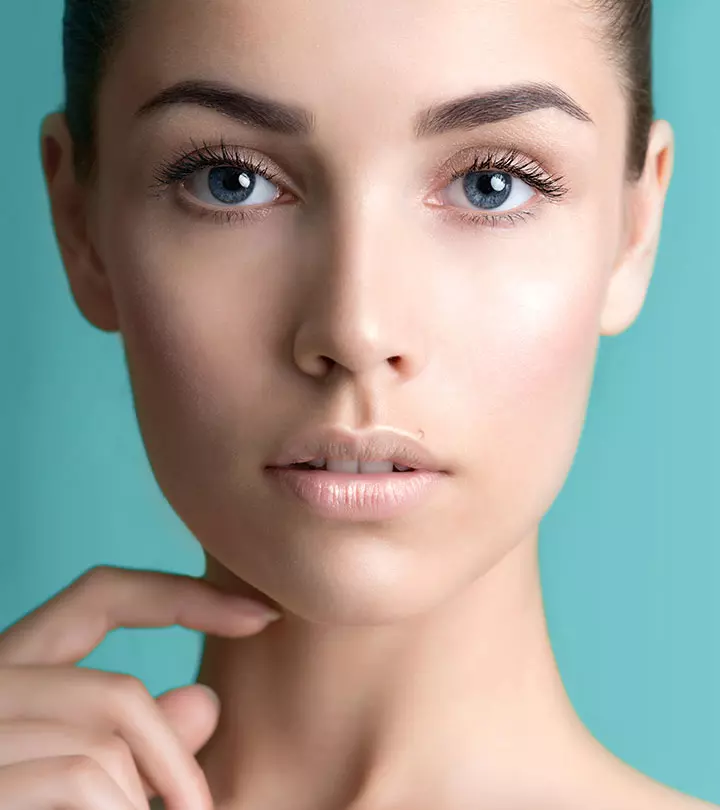
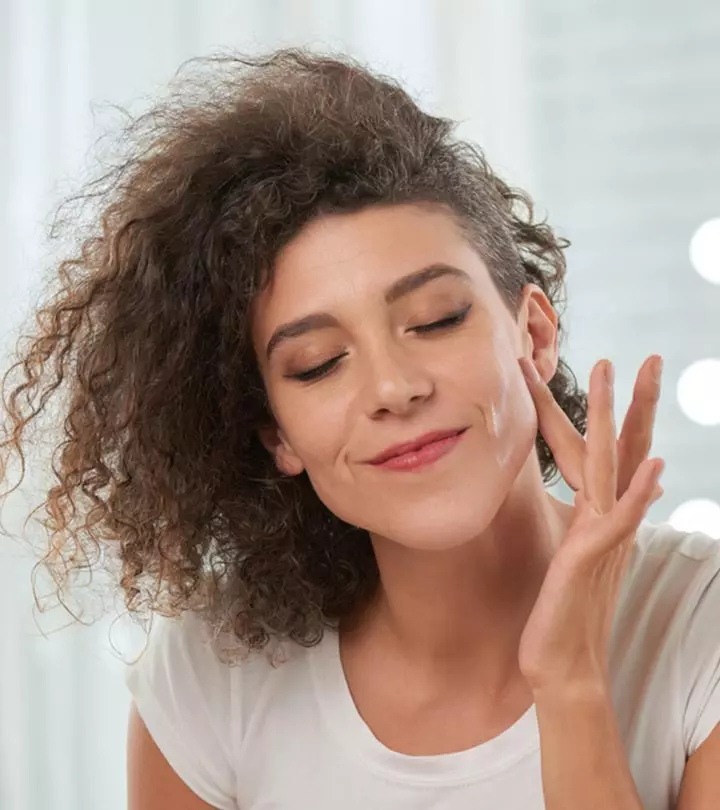

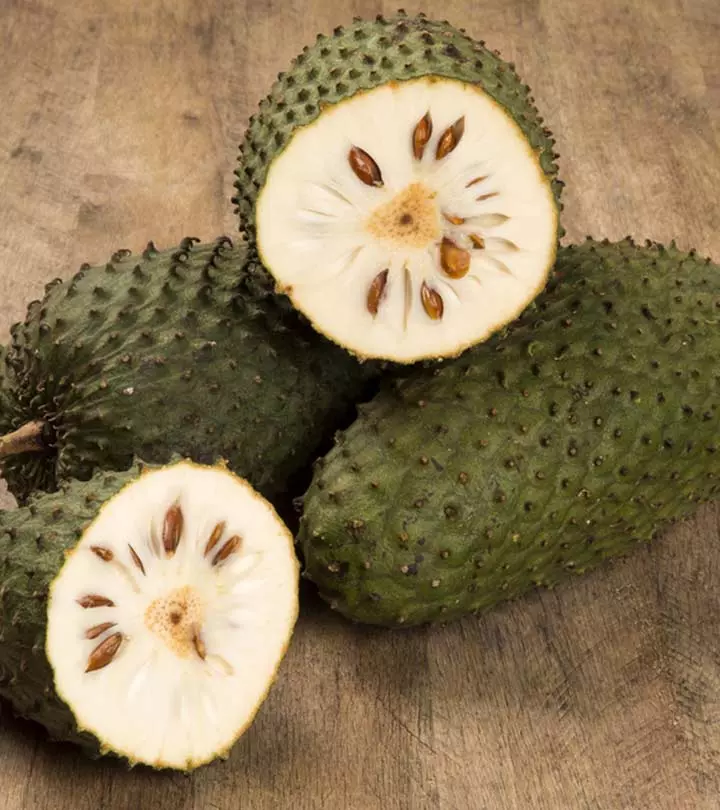
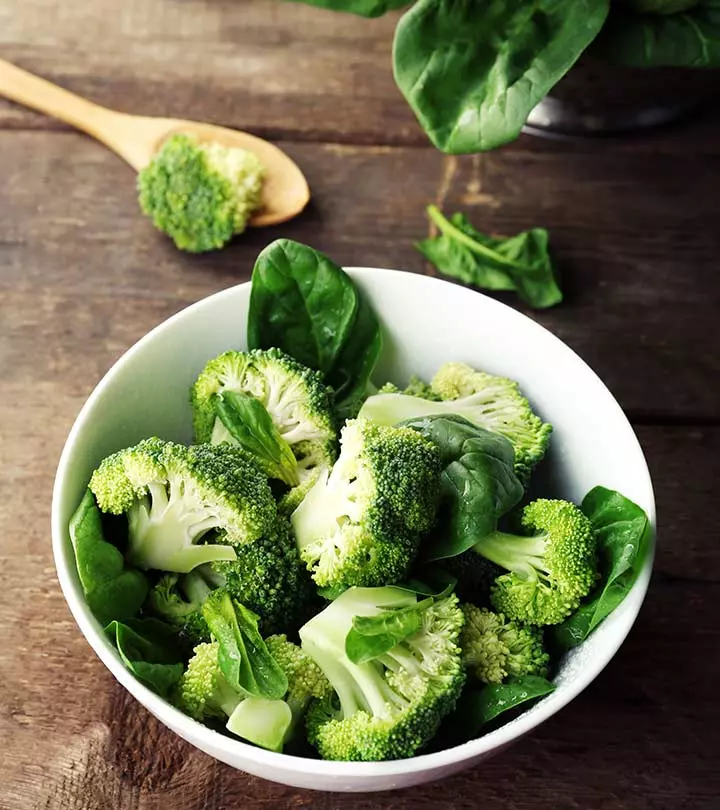
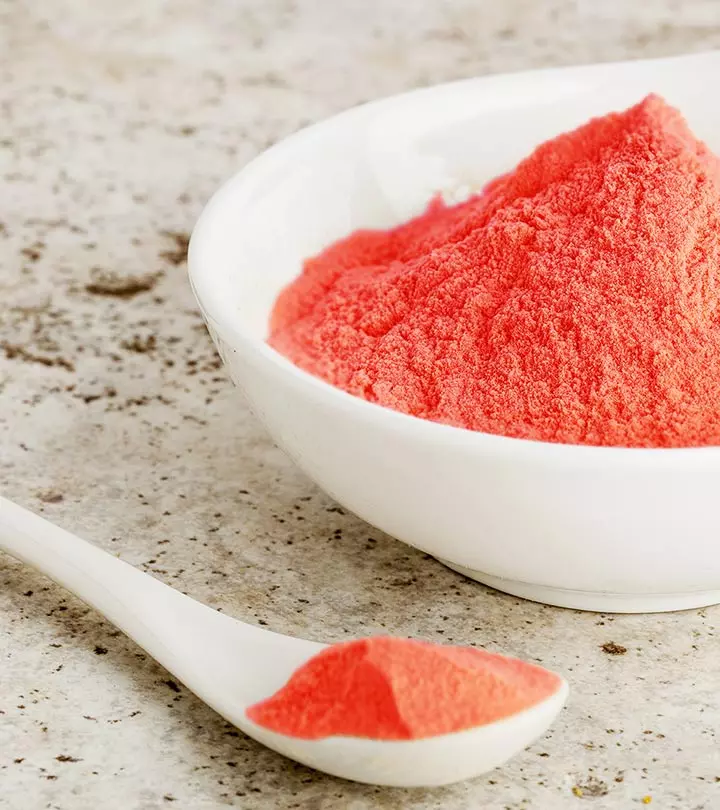
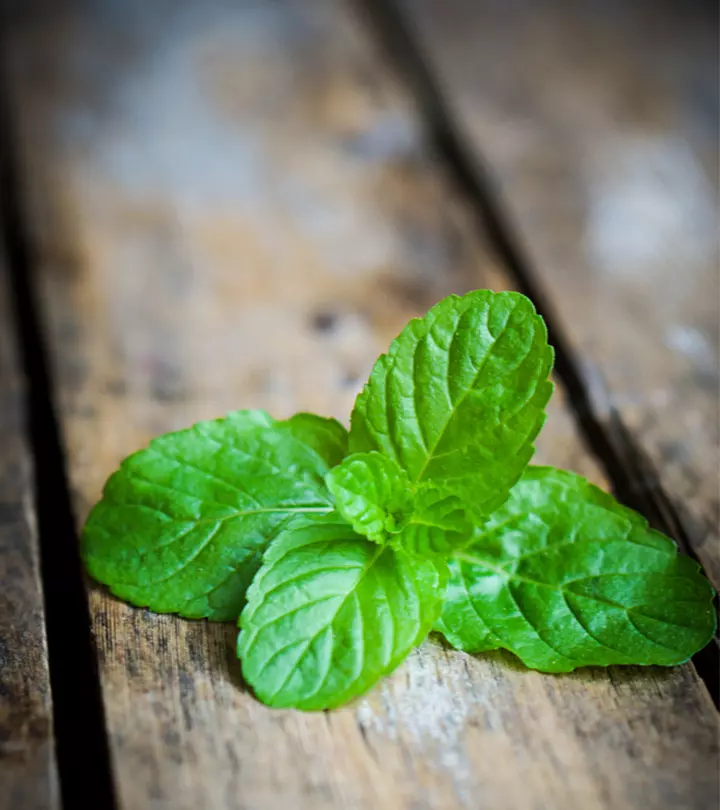
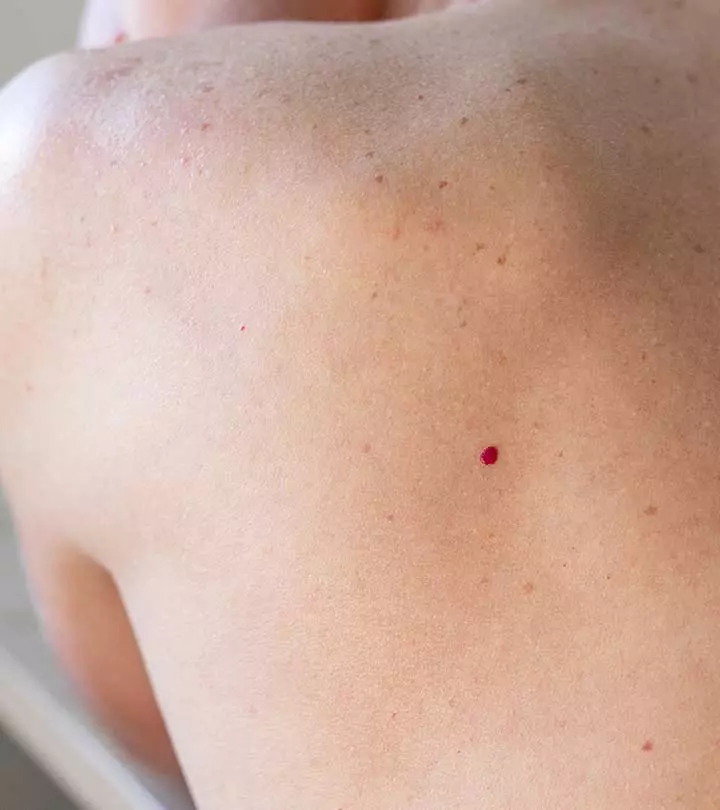

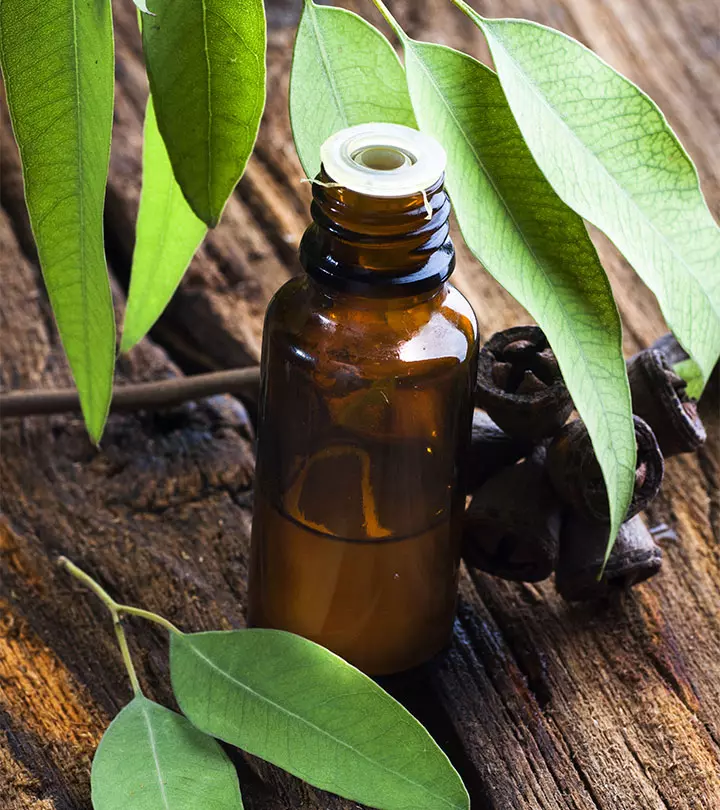

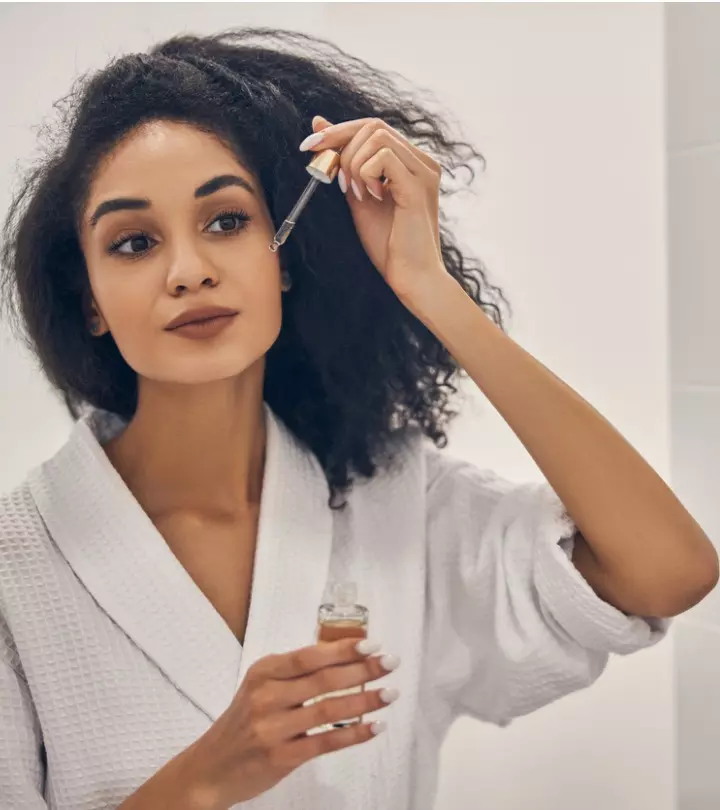
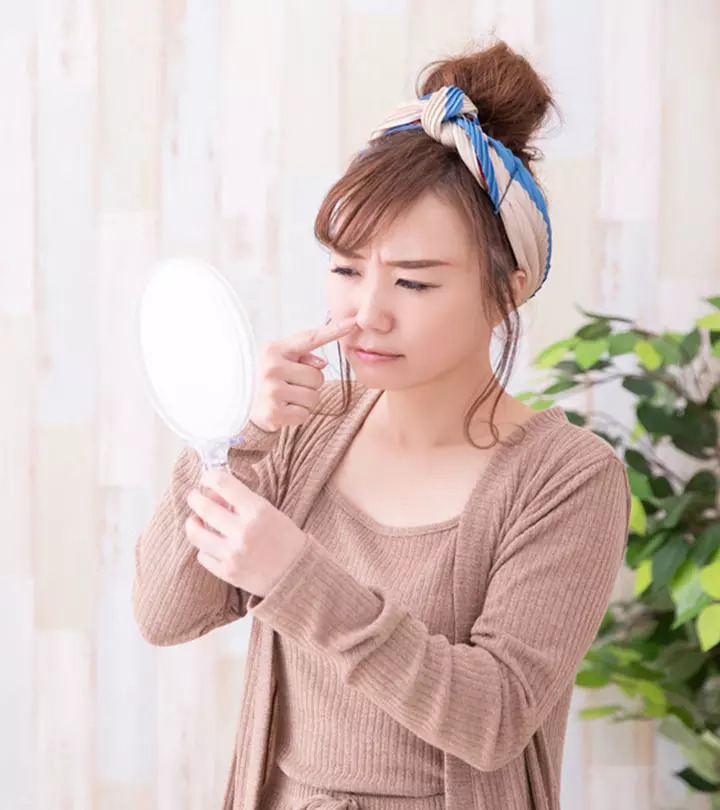
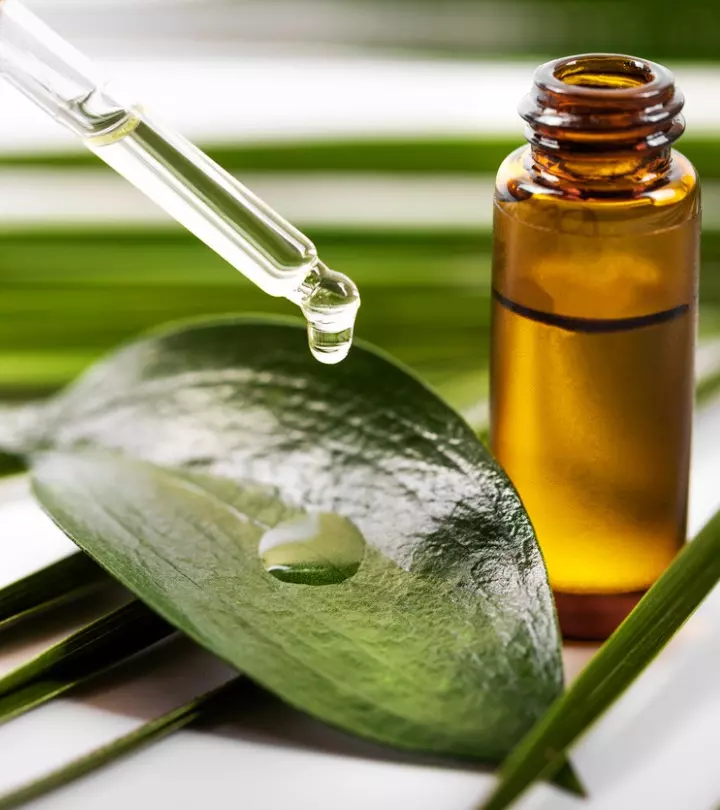
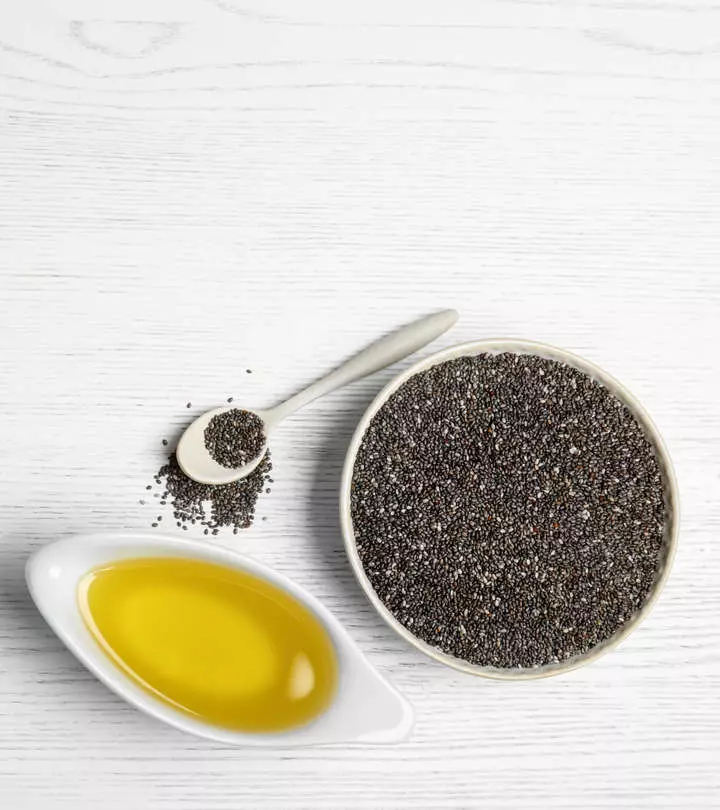
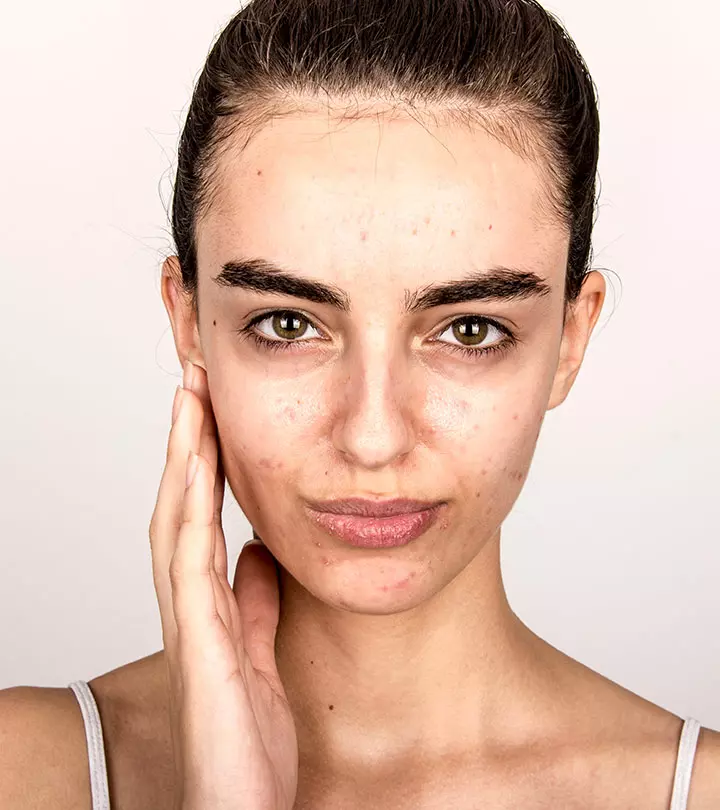
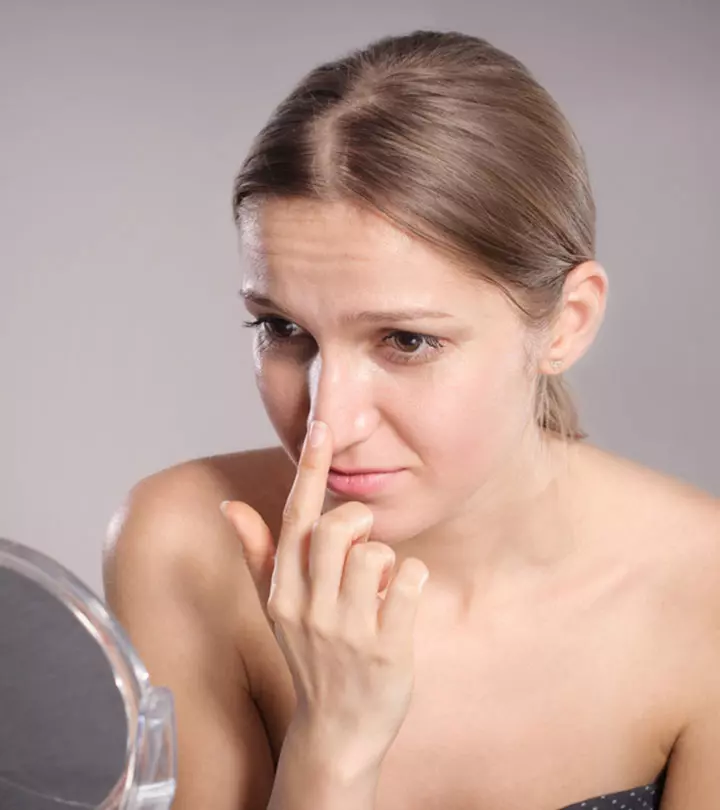
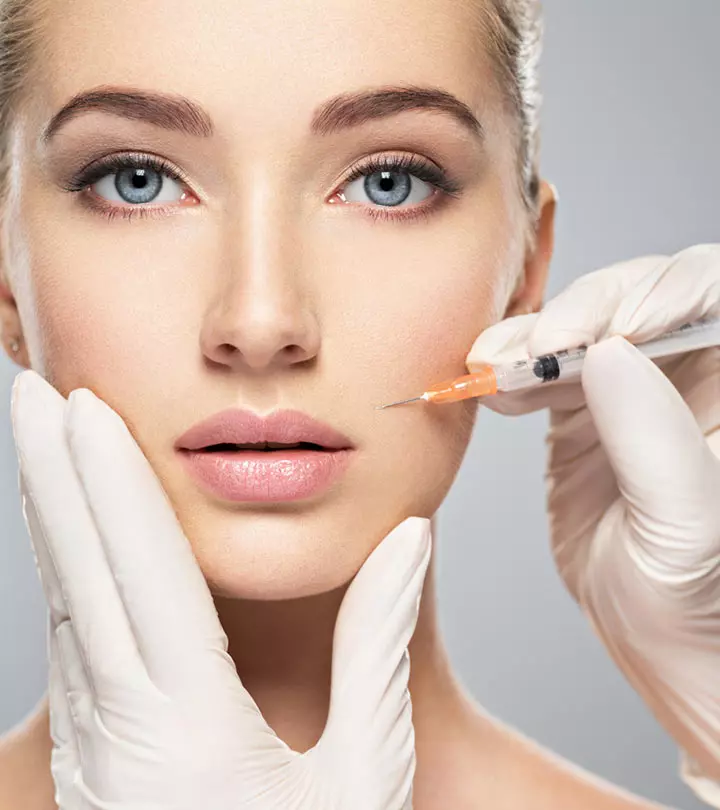
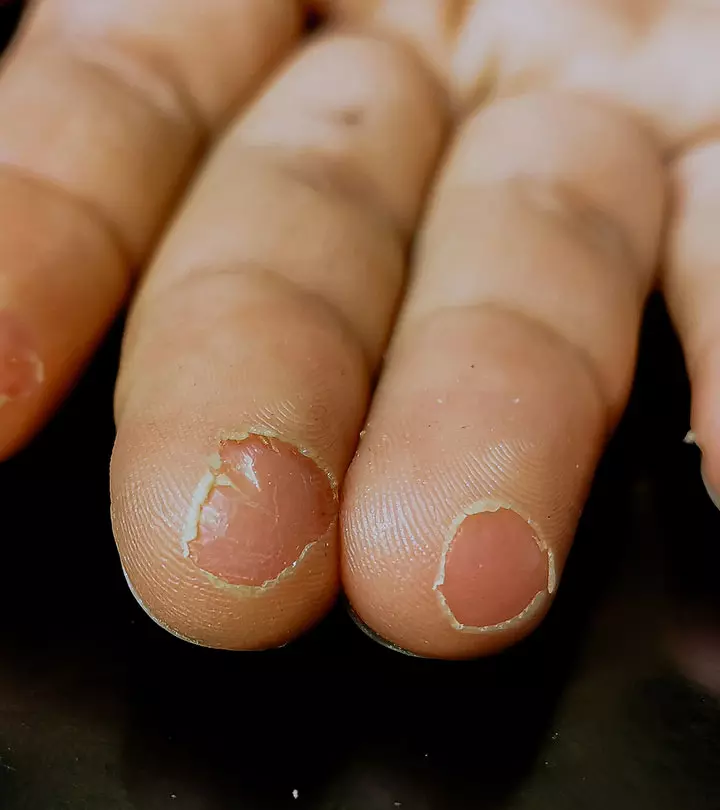
Community Experiences
Join the conversation and become a part of our empowering community! Share your stories, experiences, and insights to connect with other beauty, lifestyle, and health enthusiasts.